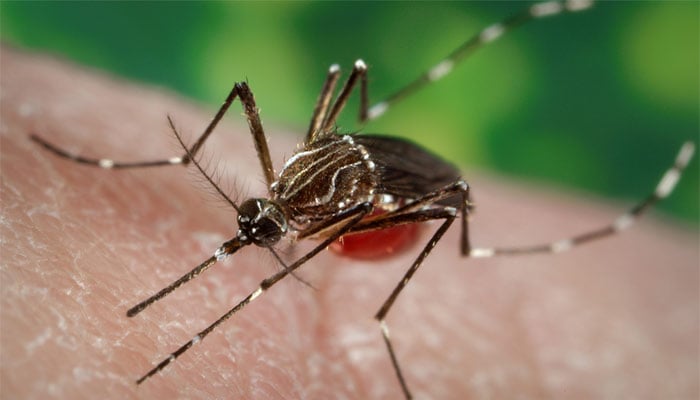Dengue fever causes, symptoms and precautions
Dengue fever causes, symptoms and precautions
With more than 50,000 reported cases of dengue in Pakistan in the current year, this mosquito-borne disease has been a popular topic of discussion throughout the country.
Undoubtedly, this is among the worst outbreaks ever experienced. Healthcare professionals are struggling day and night to help dengue afflicted patients fight this fever and feel better again.
What is Dengue Fever?
Dengue fever is also known as ‘dandy fever’ or ‘breakbone fever’. It is a mosquito-borne disease that can prompt a serious influenza-like sickness. It is brought about by four distinctive infections and spread by Aedes mosquitoes.
Cause of Dengue Fever
Dengue is spread through the female mosquito (Aedes aegypti) bite. When a mosquito takes the blood of a person infected with this virus, the mosquito is infected. The infected mosquito can then transmit the virus after about a week while biting a healthy person.
Note: In case you’re wondering what happened to the infected mosquito…NOTHING! Mosquitoes aren’t affected by this virus at all, they only serve as carriers of the disease.
Symptoms of Dengue
Dengue fever has mild to severe symptoms. A person infected with this virus may experience at least two of the following symptoms:
- Fever (may last for 3-7 days)
- Severe headache
- Appetite loss
- Muscle and joint pain
- Pain behind eyes
- Nose or gum bleeding
- Vomiting and diarrhea
- Skin rash
Precautions
These top five preventive measures could help save you from getting infected by dengue virus:
- Treat skin and clothes with mosquito repellent
- Use mosquito netting
- Try keeping the door screens and windows of your home closed in order to stop mosquitoes from coming indoors.
- Avoid going to places with standing water and tropical areas. Especially at the time of increased mosquito activity (dusk or dawn)
- Try wearing full sleeves – the more covered you are the harder it’ll be for a mosquito to bite you.
-
Jelly Roll explains living with 'severe depression'
-
Charli XCX reveals ‘confusing’ toll ‘Brat’ popularity took on her
-
Margot Robbie opens up about imposter syndrome ‘crisis’
-
Hailey Bieber reveals how having ovarian cysts is 'never fun'
-
Sir Elton John details struggle with loss of vision: 'I can't see'
-
What we know about Chris Cornell's final hours
-
5 famous celebrities who beat cancer
-
Oprah Winfrey talks about weight-loss 'tool to manage' health












